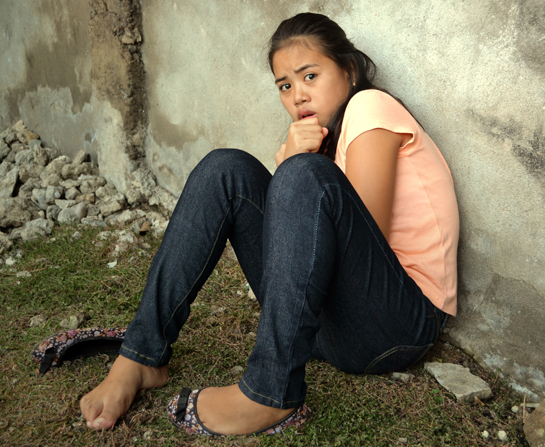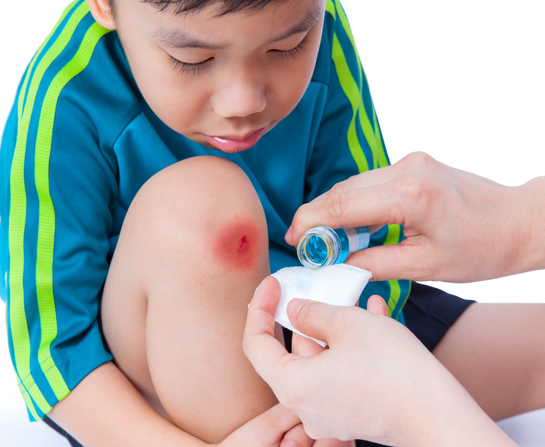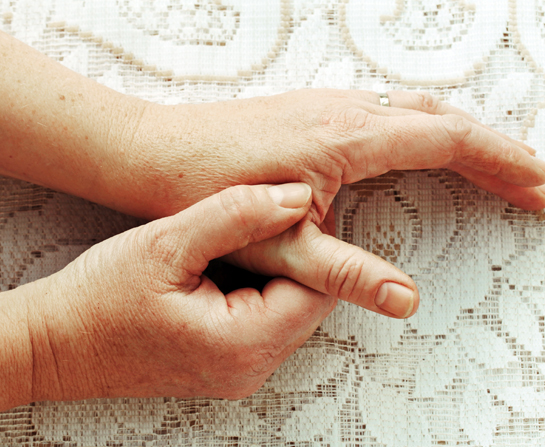Dengue & You: A Threat to All
April 28, 2022 Return

Assoc Prof Dr Zetti Zainol Rashid Senior Lecturer & Clinical Microbiologist, Department of Medical Microbiology & Immunology, Universiti Kebangsaan Malaysia Medical Centre (UKMMC)
Much has changed since the first dengue haemorrhagic fever (DHF) outbreak in Malaysia in 1962. In just over 50 years, the incidence of dengue has increased 30-fold, to become the fastest progressing vector-borne disease in the world!
A more alarming development is that dengue, once a disease that occurs in outbreaks at certain periods of the year, has become an endemic disease – a persistent threat that remains all year long.
According to Assoc Prof Dr Zetti Zainol Rashid, dengue has since then manifested into a major public health burden.
- Dengue is now an endemic disease in more than 100 countries, including Malaysia.2
- According to the Ministry of Health Malaysia, there have been 80,654 reported dengue cases from January to 29 August 2015, with 128 deaths. The number of cases increased by 22.8% from the same period last year, while the number of deaths went up by 71.1%. The threat of dengue is very real in Malaysia!
- Recent studies found that the number of people found to be seropositive (they have for dengue virus antibodies, which means that they have contracted the disease at least once in their lives) is similar in both urban and rural areas. Therefore, it does not matter where you live – you cannot be complacent!
- Gender and race do not seem to be a significant risk factor associated with seropositivity. However, seroprevalence is found to increase with age, which means that at some point during their lives most people will get infected with dengue.
Four times the trouble
Dengue is caused by a virus that can be transmitted from an infected person to another person through the bite of the Aedes aegypti mosquito. The dengue virus (DENV) exists as one of four variants or serotypes – DENV1, DENV2, DENV3 and DENV4. All four serotypes are found circulating in Malaysia.
While you can acquire lifelong immunity after being infected by a serotype, you are still vulnerable to the remaining three. Worse, subsequent infections by the other serotypes can increase the risk of developing severe dengue. Therefore, the best way to deal with dengue is to not catch it at all!
Young adults are at risk
Many Malaysians would imagine that the elderly or very young children face the highest risk of catching dengue. Dr Zetti points out that this is a common misperception.
Quoting from a paper published in the PLOS (Mohd-Zaki, et al, PLoS Negl Trop DIs 2014. 8(11):e3159), she points out that from 2000 to 2010, there had been a shift in the age range predominance of dengue cases from children towards adults.
Studies on the presence of DENV antibodies in Malaysians showed that the number of people who have experienced at least one dengue episode slowly increased by age, with peak age incidence observed in young adults (15-29 years old).
“Furthermore, the high rates of seropositivity – the number of people who have DENV antibodies in their blood serum – suggest that dengue will remain endemic in Malaysia for a long time,” she adds.
[1] World Health Organization. Impact of Dengue. Retrieved on Sept 17, 2015 from http://www.who.int/csr/disease/dengue/impact/en/
[2] Director General of Health Malaysia. Jangan leka, walaupun kes denggi menurun! Retrieved on September 17, 2015 from http://kpkesihatan.com/2015/09/02/jangan-leka-walaupun-kes-denggi-menurun/
[3] Muhammad Azami, N. A., et al. (2011). Dengue epidemic in Malaysia: not a predominantly urban disease anymore. BMC Res Notes. Jun 29;4:216. doi: 10.1186/1756-0500-4-216.
[4] Mohd-Zaki, A. H., et al. (2014). Epidemiology of dengue disease in Malaysia (2000–2012): a systematic literature review. PLoS Negl Trop Dis. 8(11):e3159. Retrieved on Sept 17, 2015 from http://journals.plos.org/plosntds/article?id=10.1371/journal.pntd.0003159
If you like this article, do subscribe here.






